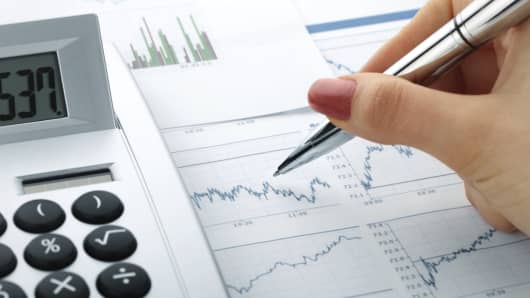That is a breath-taking rise. As Steve Liesman pointed out this morning, monthly dividends have only increased by more than that only once in the past 50 years — in 2004, thanks to a record-breaking dividend from Microsoft.
Much of the hike in dividends seems likely to be due to companies paying shareholders before the expiration of Bush-era tax cuts on dividends. And so, ironically, the looming hike on dividend income actually resulted in a dramatic rise in that income. Taxes drove income up.
Even some of the non-dividend income increase might have been driven by higher taxes, as some firms paid bonuses out early to avoid having them taxed at a higher rate in the new year.
This could mean that dividends will be a relative drag on incomes in 2013, as corporations have less cash to make dividend payments than they would have without the tax-avoidance dividend hikes of December. In other words, some of the extra income that shows up in the December figures was likely borrowed from the future.
To put it differently, the tax hikes were like the "cash for clunkers" program that encouraged people to trade in old cars for new ones. The program spiked car sales at the time, but looked at over a longer time period, probably didn't spur a permanent increase in the number of cars purchased. Rather, some car purchases just took place earlier than they would have without the program. The dividend tax hike was a sort of cash for clunkers for dividends.
This doesn't mean that dividends will necessarily fall in absolute terms. Chief executives are loathe to show sequential drops in dividends, fearing that this will hurt their companies' stock prices and anger shareholders. But dividends will likely be lower than they otherwise would have — which will mean income numbers will suffer in 2013.



